Meaning and Nature of the Term Ideology:
The term “ideology”, according to Webster’s New International Dictionary was first coined by Destutt de Tracy (1754-1836). Now the word “ideology” is a common one in the vocabulary of international politics. Ideology is used in two different senses. In the first sense, an ideology is used, as Richard Snyder and H. Hubert Wilson defined it, as follows: “An ideology is a cluster of ideas, about life, society, or government which originate in most cases as consciously advocated dogmatically asserted social, political or religious slogans or battle-cries and which through continuous usage and preachment gradually become the characteristic beliefs or dogmas of a particular group, party, or Nationality”. Prof. Schleicher also used the term ideology in the first sense. According to him, “an ideology is a system of abstract ideas held by an individual which purports to explain reality, expresses value goals, and contains programmes of action for the retention or attainment of the kind of social order in which its proponents believe the goals can best be realized. Used in this general sense, the term “ideology” can be applied to a number of moving ideas of our time, including liberalism, nationalism, socialism, communism, Gandhism, fascism and democracy.
In the second sense, in which we shall use the term in the present chapter, the ideology is used in the context of power. It hides the real nature of the objectives of a foreign policy. When used in the second sense it has got no relations with world ideologies like socialism, communism, liberalism etc. In the second sense, the term “ideology” is borrowed from Karl Mannheim’s concept of a particular ideology. According to Karl Mannheim, “The particular conception of ideology is implied when the term denotes that we are sceptical of the ideas and representation advanced by our opponent. They are regarded as more or less conscious disguises of the real situation, the true recognition of which would not be in accord with his interests. These distortions range all the way from conscious lies to half-conscious and unwitting disguises; from calculated attempts to dupe others to self-deception”. Karl Mannheim further says, “the study of ideologies has made it its task to unmask the more or less conscious deceptions and disguises of human interest groups, particularly those of political parties.
As such the ideology is the conscious disguise of the real nature of the situation. Prof. Hans J. Morgenthau also used the term “ideology” in this sense. According to him, ideologies are a cover to conceal the true nature of the politcal actions. Ideologies, however, are not the accidental outgrowth of the hypocrisy of certain individuals, but as Prof. Morgenthau observes, “It is the very nature of politics to compel the actor on the politcal scene to use ideologies in order to disguise the immediate goal of his action”. As the immediate goal of politcal action is power, which has been defined as the ability to control over the actions of others, ideology is always used as the means to the attainment of this objective.
In the First World War , Woodrow Wilson, through his fourteen points, raised slogans of idealism which strengthened the morale of the allies and weakened the morals of the continental powers. The following statement of Woodrow Wilson shows his idealist outlook when he asked the Congress to declare war on Germany in 1917:
“We have no selfish ends to serve……..We are but one of the champions of the rights of mankind……….we shall fight for the things which we have always carried nearest our hearts- for democracy, for the right of those who submit to authority to have a voice in their own governments, for the rights and liberties of small nations, for a universal domination of right by such a concert of free peoples as shall bring peace and safety to all nations and make the world itself at last free”.
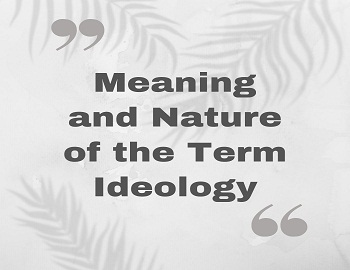
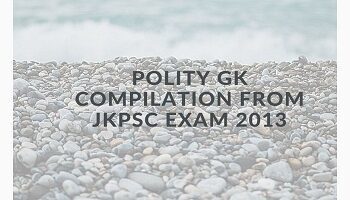
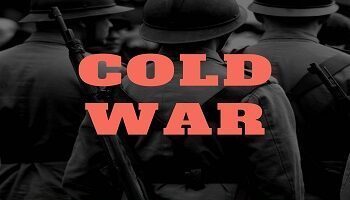
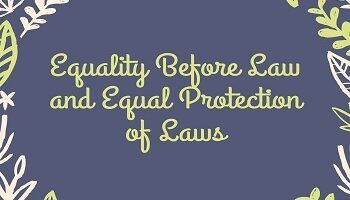
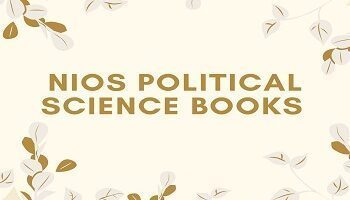


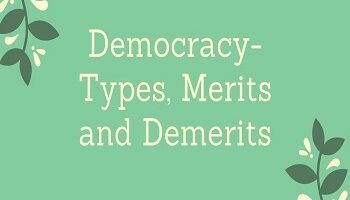

Comments (No)